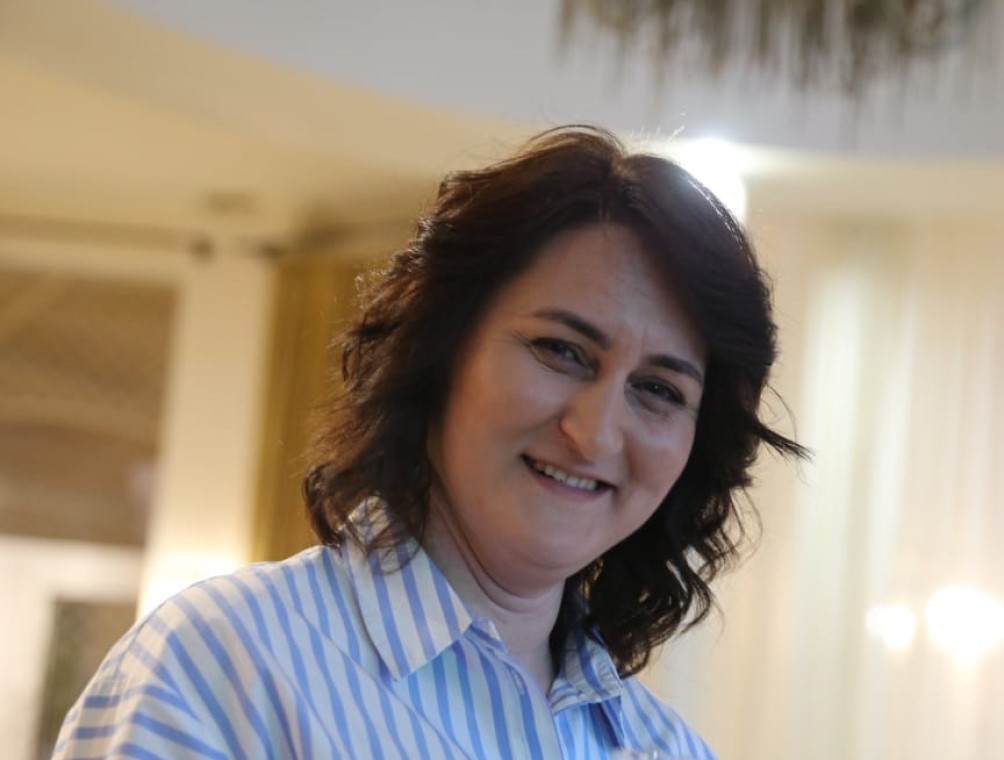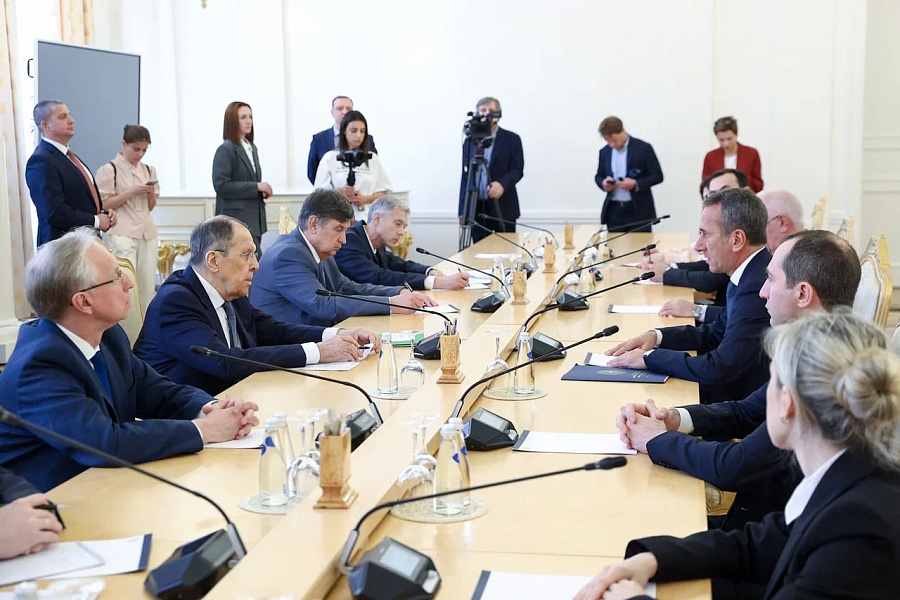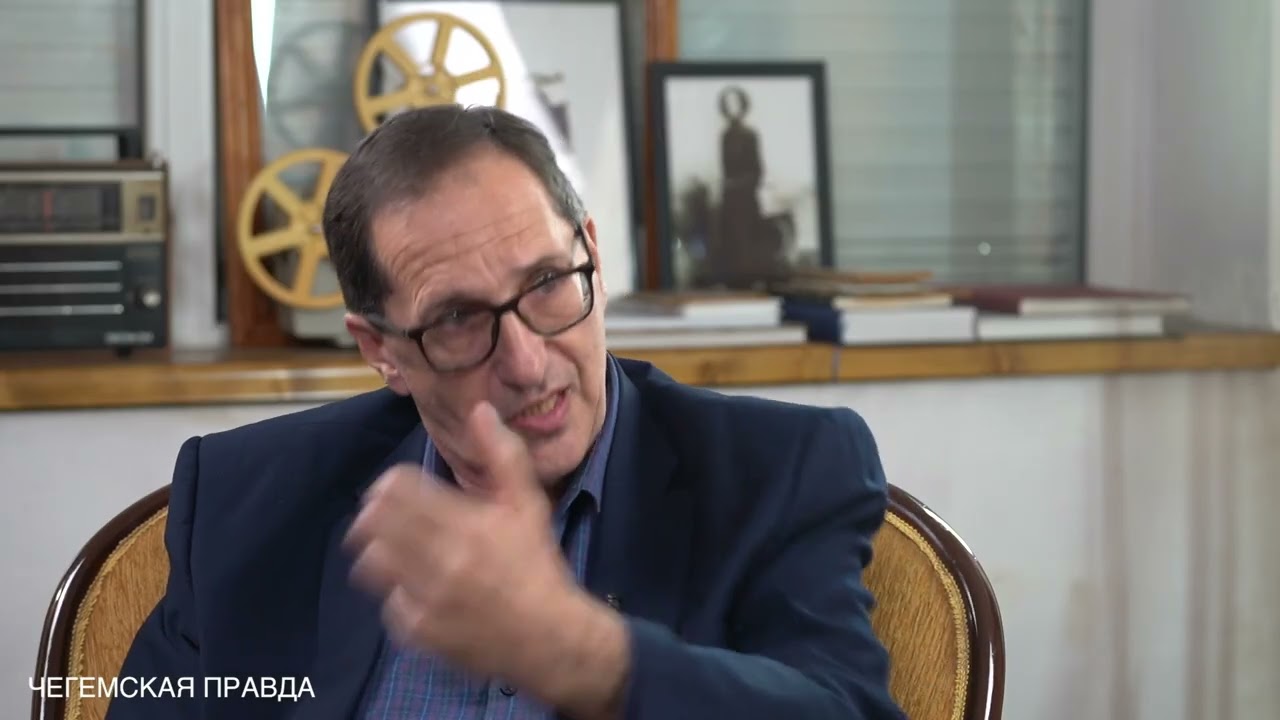Civic Platform for Peace
“Civic Platform for Peace” is the name of a platform created by NGOs, experts and community groups working on the issue of building peace in Georgia.
The declaration of the platform states that its goal is to promote the realization of a peace policy in Georgia, as well as to increase the involvement of civil society in the peace process.
JAMnews asked the experts why it was decided to create this platform now — is it not due to the fact that the situation has changed for the worse?
Vano Abramashvili, head of the Caucasus House peace program:

“The platform has no specific or symbolic meaning. The existence of a coordination mechanism between organizations working on peacebuilding started a long time ago. It is just now that such an opportunity has arisen. With the support of Western partners, it was decided to create a platform in Georgia that would work in a coordinated manner on peace and confidence-building.
Our main task is to counter the alienation that has been going on for 30 years. And in this sense, every day is important.
Working groups will be established on this platform developing concrete initiatives. The main goal of the platform is to bring the discussion of peace and confidence-building into the public space.
At present these discussions take place only in closed communities. There is less rational political discussion in the public space. It is difficult for a party to get short-term political dividends, so it will not address the topic at all. The topic is not covered in the media either, because it is tailored to the party agenda. It happens only in September, on the day of the fall of Sukhumi, and in August, and also on an emotional level. That is all that is said on the topic of conflicts.
Over the years, the dynamics of the relationship have only gotten worse. If anyone thinks that time will help, they are mistaken. On the contrary, it drives people away. Time shows that fewer and fewer people in Georgian society want to know more about the Abkhazian side and vice versa. We see our role in being able to change the situation through our connections. It is about raising interest in society and getting politicians involved in this issue.”
Nino Kalandarishvili, Chairman of the Board of the Institute for Nationalism and Conflict Studies:

“Many organizations are working in Georgia towards peacebuilding. We have been talking for a long time about the need to have a space for communication and coordination. If we can do something together, it will happen. If not, such a platform is very valuable for taking into account opinions and understanding each other.
The platform will become a very effective mechanism for responses, joint declarations and appeals. And also for the introduction of this topic in the public space. We have seen the need for this for a long time. How we should do it and to what extent it will work, especially now, in a polarized political space and in the pre-election period, when the topic of peace is being actively exploited, is important.
Yesterday we received [EU candidate country] status, let’s see how much of a difference it will make. It is hoped that the European Union, which is a peace project, will limit the space for speculation on the topic of peace.
In terms of where we are after 30 years and whether the situation is more complicated now, yes, in terms of recognizing each other we are further away. Back then, in the early 90s, there were people on both sides of the conflict who lived in the Soviet Union and knew each other well, if not personally, then at least psychologically. Because everyone vacationed in the same place, went shopping in the same city, and went to exhibitions in the same museum.
Now we live in different worlds, belong to different value systems, and most importantly, we have had much less contact over 30 years. The degree of alienation is very high.
We should not think about whether we have separated from each other or not, we should think about finding and using appropriate methods of modern peace building in Georgian-Abkhazian and Georgian-Ossetian relations in order to understand the situation, not to solve it, but to understand it.
And to accept the reality in which we find ourselves. We really have a problem with accepting reality, we need to look it in the eye.
Who is with the platform and what is in the declaration
The Platform brings together 35 actors — from civil society organizations, community groups and experts who have been working on the topic of conflict for years. Go Group Media, the organization that founded JAMnews, is among the signatories and is a member of the platform.
“We believe that peace policy requires renewal. A renewed approach will contribute significantly to improving the climate of negotiations and the humanitarian and human rights situation of conflict-affected populations, including livelihoods, quality education, unimpeded access to health care, freedom of movement and other basic rights,” reads the platform’s first declaration.
It is also emphasized that the lack of momentum and progress in peace talks at the political level requires special attention:
“Unfortunately, the interest of the public, media and the international community in the conflicts in our region has decreased. The issue of conflict transformation and peacebuilding requires more attention and effective steps from civil society, media, the state and other actors.”
Objectives of the Platform:


